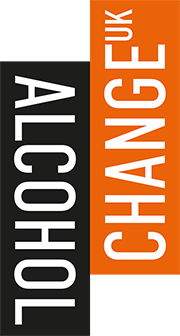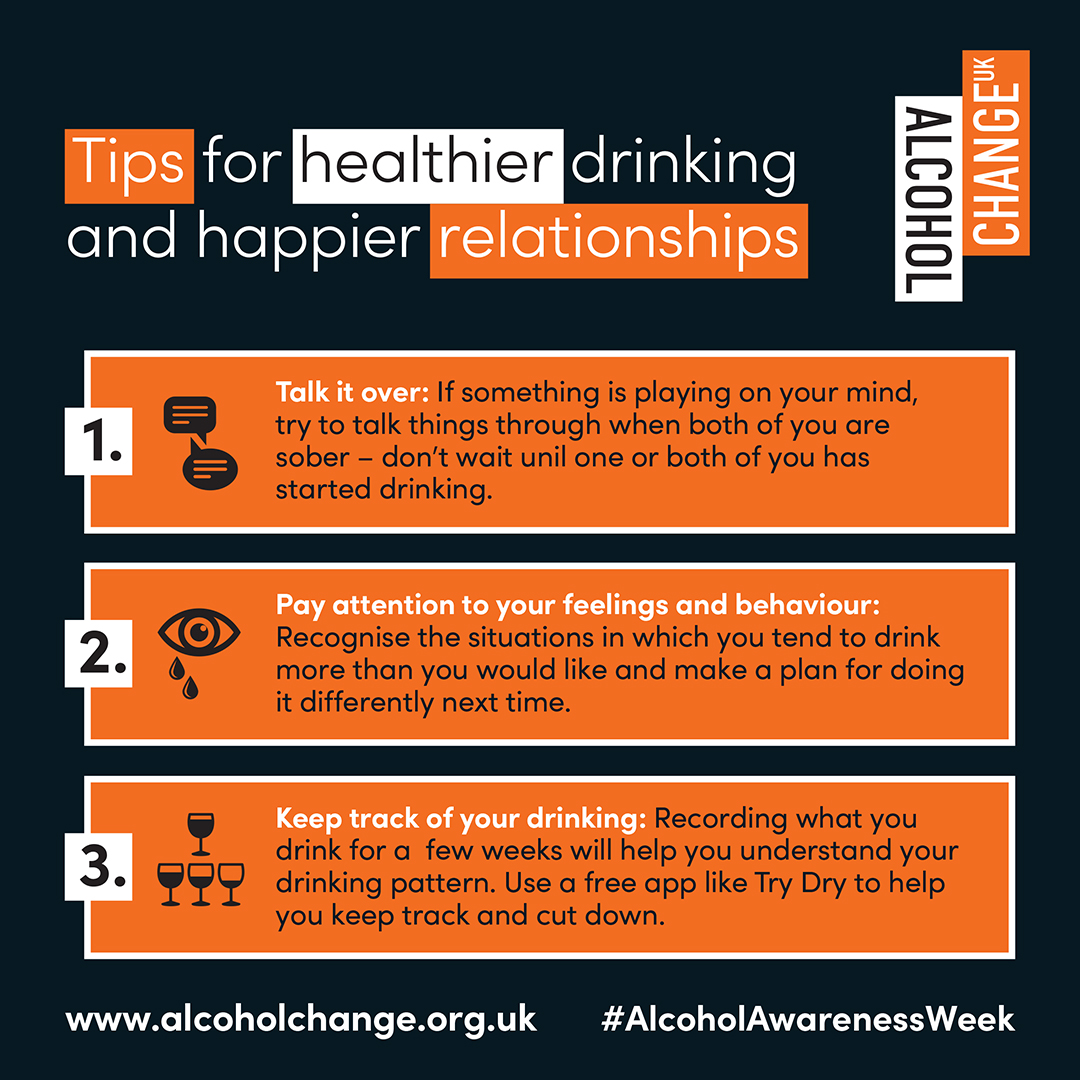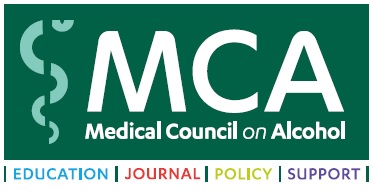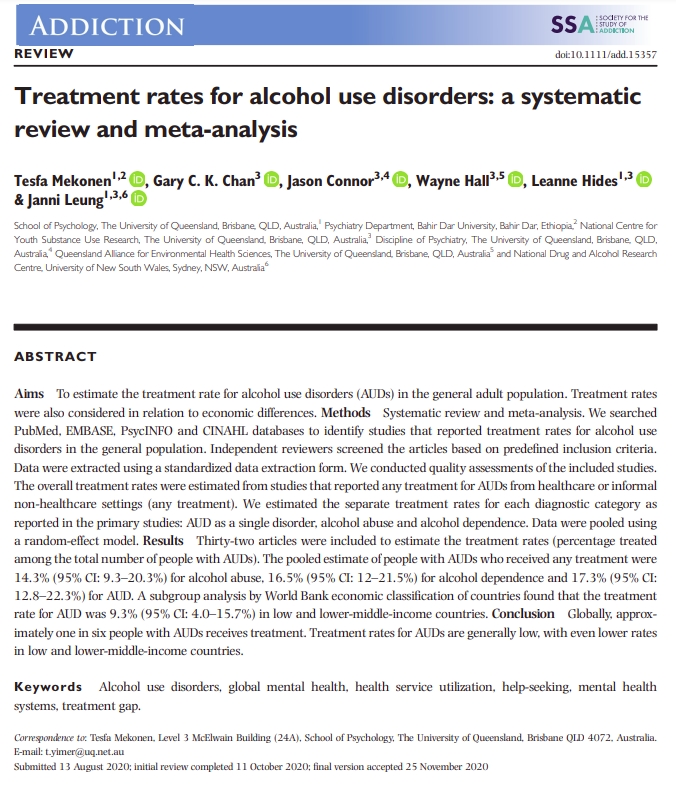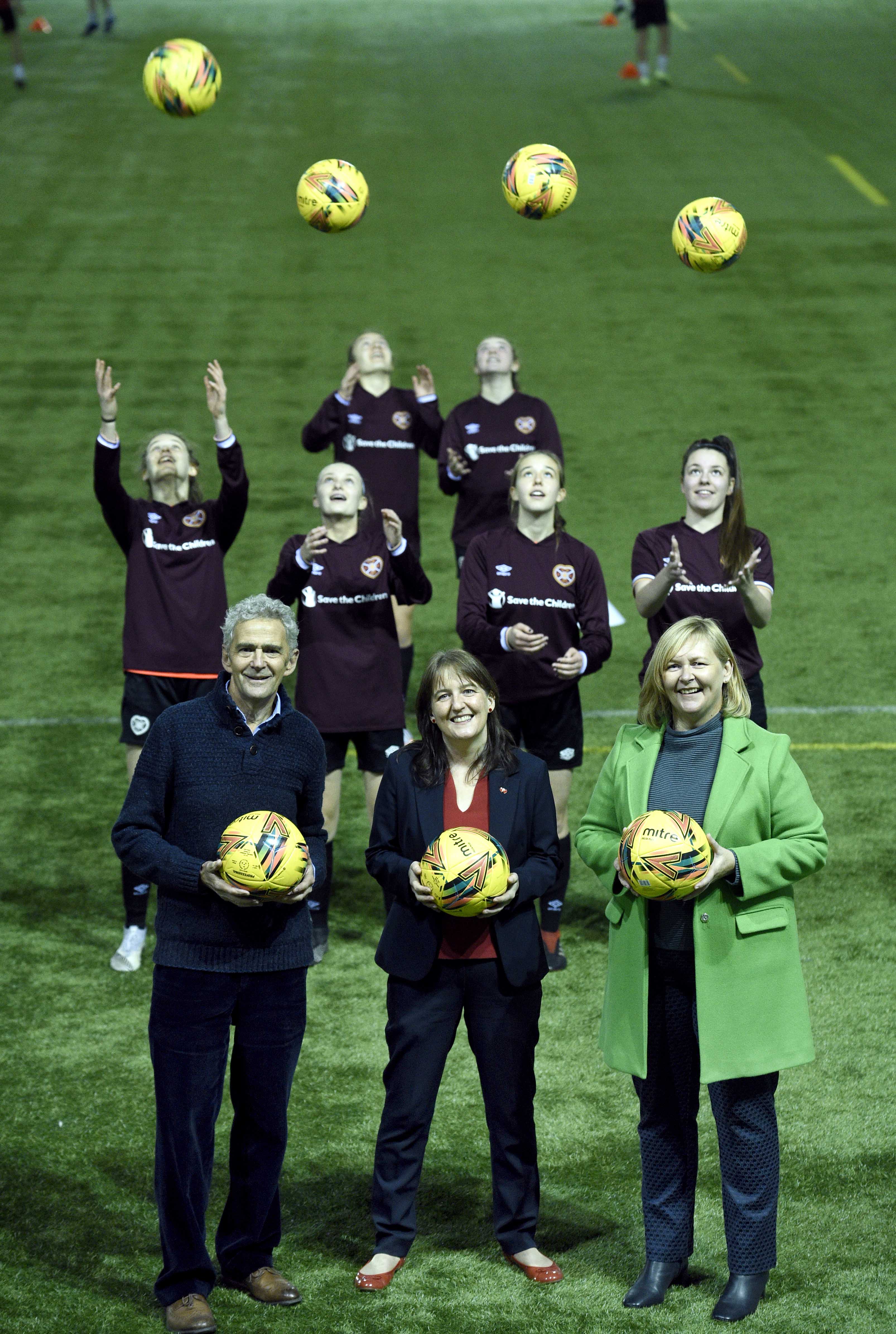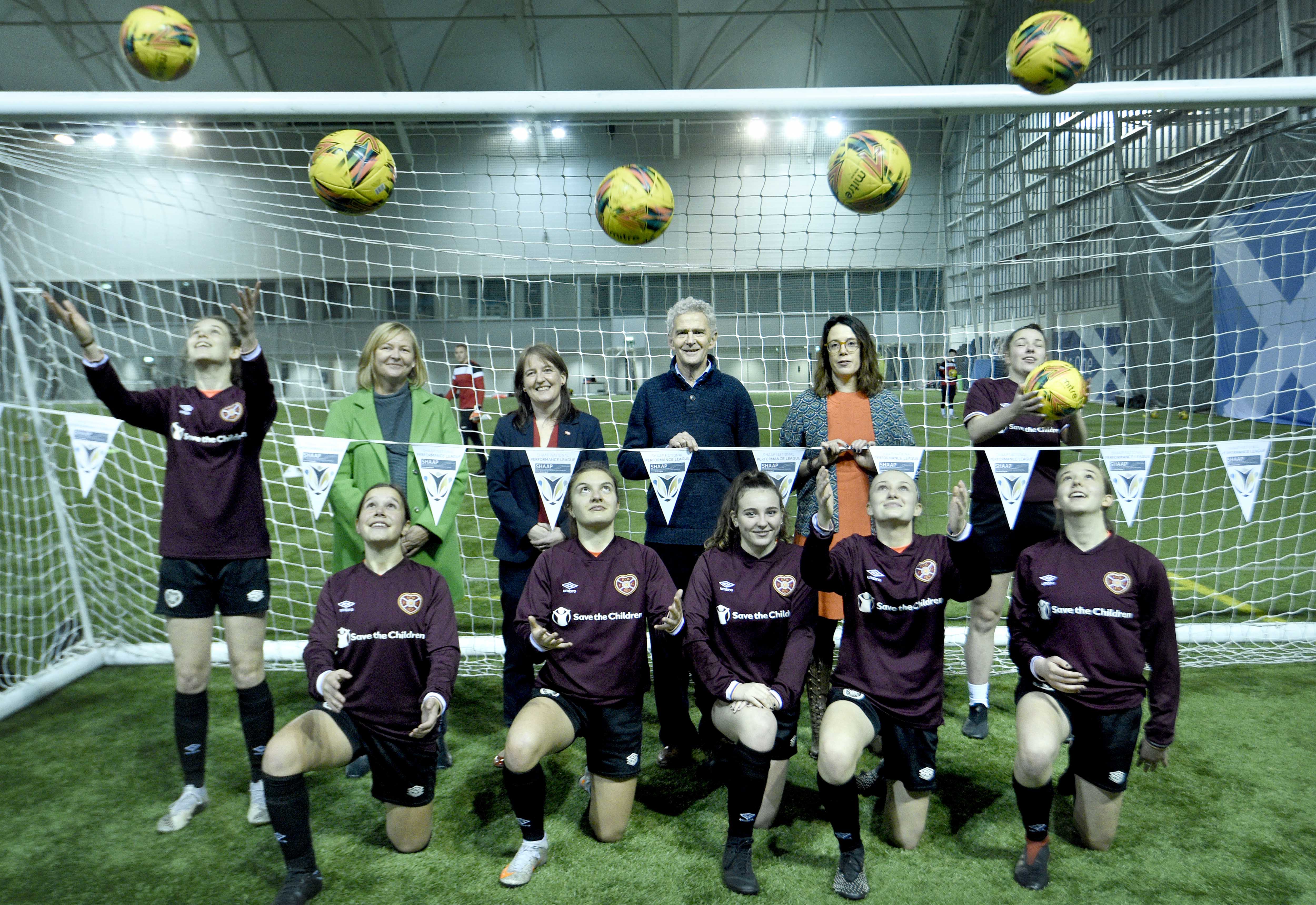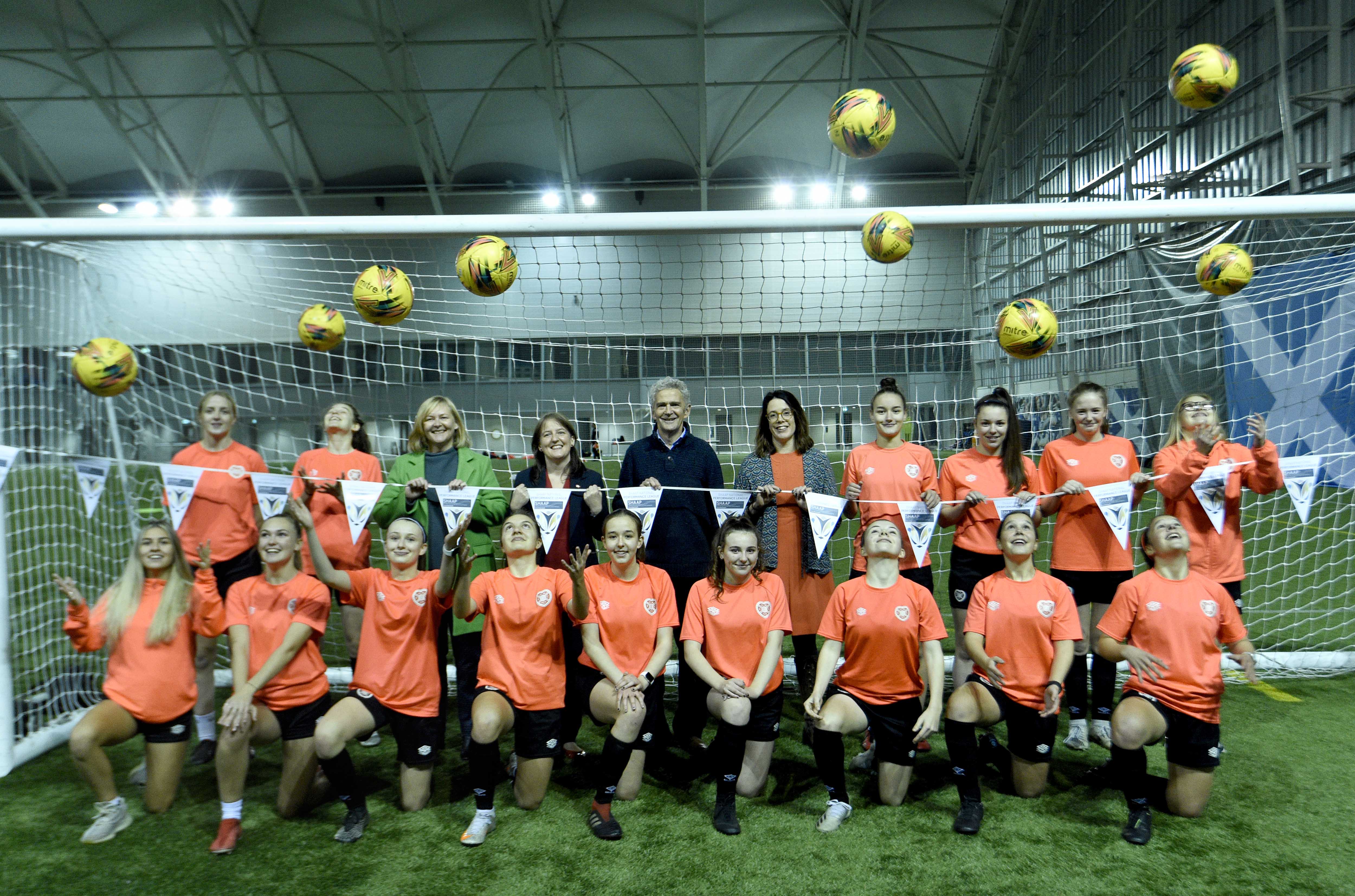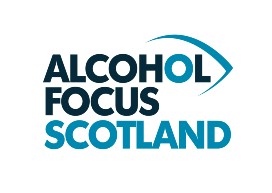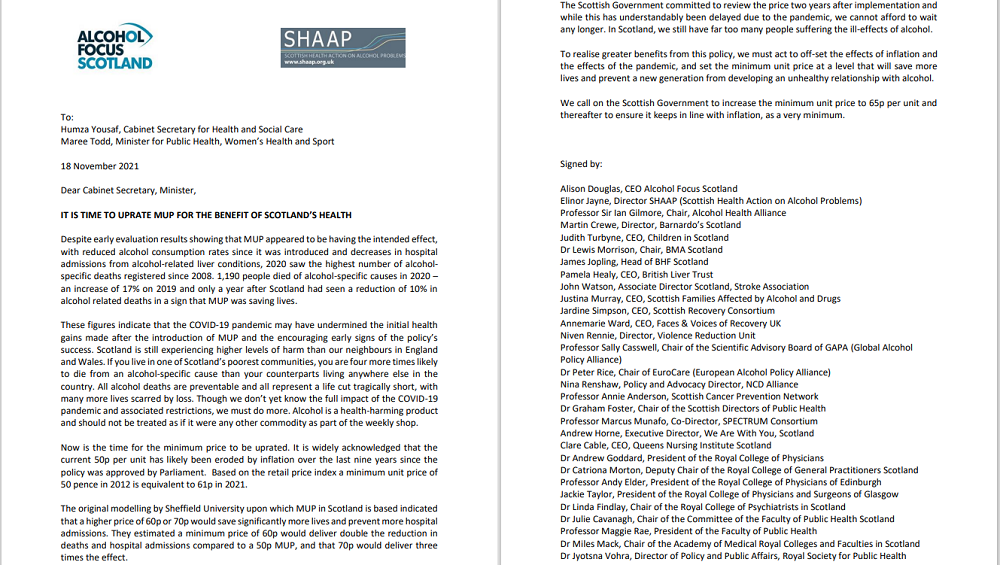UK
During AWARH, Alcohol Change UK showcased stories of people affected by alcohol harm within their relationship circles. These included Emma and & Dave’s story which was about how Dave’s success in quitting drinking strengthened their union. Another woman named Emma shared her story of losing her sister long before she passed away due to alcohol. A woman named Shaena shared that her family has never given up on her and guided her towards recovery. These stories speak to many who are living through similar experiences and they aim to offer tools and support to those in need. In the context of alcohol and relationships, other topics raised were:
- The harmful impact of alcohol on sex, consent, and sexual health;
- Alcohol and domestic abuse;
- Alcohol and parenting and how to communicate to children to help them make healthy choices;
- How to access support when worried about one's own or someone else’s alcohol intake.

This year's edition of the MCA symposium discussed key aspects in the treatment and recovery of alcohol addiction (Dr Ed Day, University of Birmingham), with the presentation of emerging evidence in the realms of alcohol pharmacotherapy (Prof. Anne Lingford-Hughes, Imperial College London) and the Edinburgh's recovery and rehabilitation case study by Dr David McCartney (NHS Lothian). Moreover, Prof. John Kelly (Harvard Medical School) presented the science backing up the concept of treating addiction as a chronic disorder. An important contribution was also given by Alcoholics Anonymous (Mr Tom Fox and Dr Mani Mehdikhani).
The Max Glatt Lecture, assigned every year to an exemplary person in the field of addiction, was given to Dr Peter Rice (Eurocare President). Dr Rice spoke of his long history of working to establish a stepped care model for alcohol treatment in Scotland, including brief interventions in primary care, accessible community counselling and ready access to hospitalisation and rehabilitation for those in need. In line with the international experience, it has been difficult to sustain this treatment system in Scotland over the years due to competing priorities in the health and social care system. He also highlighted his experience of implementing evidence-based prevention policies in Scotland with a coming together of public health research, the knowledge of practitioners and political commitment.
Max Glatt Lecture - MCA Symposium 2021

During AWARH, SHAAP and SWF announced renewed partnership, with SHAAP confirming sponsorship of the SWF National Performance League for the 2021/2022 season. With SHAAP’s support, the league enables youth players to aim toward senior and elite performance.
The partnership has developed thanks to SWF’s desire to create a positive environment for girls’ football using alternatives to alcohol sponsorship. SHAAP endorses SWF’s stance and is encouraging others to do likewise. There are currently no legislative restrictions on alcohol sports sponsorship in the UK and alcohol marketing is self-regulated by the alcohol industry. The current approach to self-regulation does not do enough to protect children, young people and other vulnerable people from the influence of the alcohol industry.
Dr Alastair MacGilchrist, Chair of SHAAP:
“We applaud the stance SWF has taken. Sport is part of a healthy lifestyle – and in this case can lead to elite levels of performance – so there is no role for what is an intrinsically unhealthy product in the sporting arena. Indeed, it is counter-intuitive, yet alcohol sponsorship of our favourite clubs, teams and tournaments has sadly become ever-present. We would encourage other sports organisations, clubs and tournaments to reject the alcohol industry and promote a healthy lifestyle by finding other sponsors.”
Vivienne McLaren, Chair of SWF:
“We are delighted to continue our partnership with SHAAP, an organisation that shares our values and ethos. We believe that alcohol sponsorship has no place in the girls’ and women’s game. Of course we understand the appeal of financial investment but we need to be responsible. The overwhelming majority of players involved in our competitions are under 18. We have a duty of care towards the girls in our game and we should do everything we can to promote positive and healthy lifestyles.”
Maree Todd MSP, Minister for Public Health, Women’s Health and Sport:
“Restricting alcohol marketing is crucial to preventing alcohol-related harms and one of the three ‘best buy’ measures recommended by the WHO. […] We know that children and young people in Scotland see alcohol advertising and promotion in a variety of ways – when attending sporting events or concerts as well as on billboards, buses and at train stations. […] I am determined to cut down on the volume of alcohol marketing that children and young people in Scotland see and will publicly consult on potential alcohol marketing restrictions in 2022. […] I applaud Scottish Women’s Football for the stance they have taken and would encourage sports teams and organisations to diversify sponsorship away from alcohol brands.”
Elinor Jayne, SHAAP director:
“The ban on tobacco sponsorship of sports has been successful with clubs and tournaments finding alternative sponsors. We now call on the Scottish Government to not only curb alcohol marketing when it publishes proposals next year, but to give consideration to an outright ban on sports sponsorship by the alcohol industry.”

During AWARH, SHAAP & AFS urged the Scottish Government for an increase in MUP in an effort to save more lives from alcohol-related harm. Their call was supported by 28 national and global organisations. MUP was first introduced in Scotland in 2018 and in the two years following its implementation there was a reduction in alcohol consumption and decrease in hospital admissions from alcohol-related liver conditions. Alcohol-specific deaths in Scotland also decreased by 10% in 2019. Unfortunately, however, the pandemic changed drinking patterns within the population and alcohol-related deaths rose by a devastating 17% in 2020.
SHAAP & AFS are calling for a rise of MUP from the current price of 50p to 65p. The original modelling of MUP predicted that a price of 60p per unit could save twice as many lives and hospital admissions, while 70p could triple the effect.
Alison Douglas (AFS, Chief executive) said: “We’ve seen that minimum unit pricing can have a positive effect. Unfortunately, inflation means we’re not seeing the full benefits of this life-saving policy. We need to off-set both the effects of inflation and of the pandemic, and adjust the minimum unit price to a level that will save more lives and prevent a new generation from developing an unhealthy relationship with alcohol”.
Dr Alastair MacGilchrist (SHAAP, Chair) said: “The Scottish Government committed to review the price 2 years after [its] introduction. While this has understandably been delayed due to the pandemic, we cannot wait any longer. This support from a wide range of organisations shows that experts in public health and beyond believe increasing the MUP is the right thing to do. By taking action the Scottish Government can reduce the harm and pain caused by alcohol [...] as well as save many more lives”.

